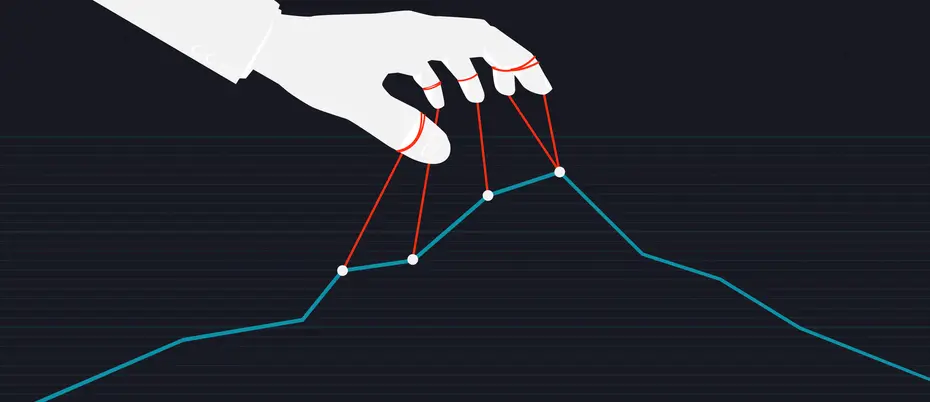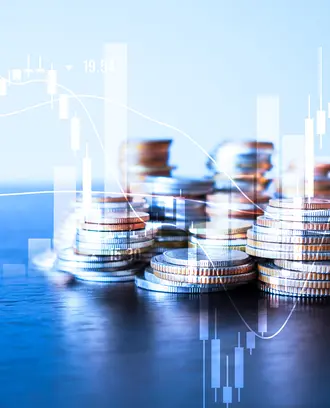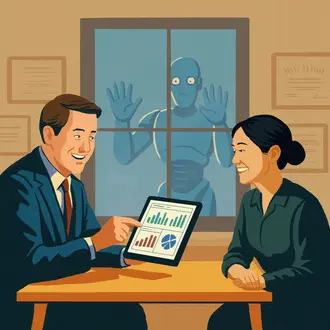Finance
Study shows how investors can play the Fed in market downturns
Research shows strategic investors can sell risky assets in order to ‘persuade’ the central bank to intervene, thereby pushing up market prices.
The Federal Reserve’s decision to buy corporate debt and other risky assets to restore order in the financial markets has the potential to create more market volatility, according to a preliminary study co-authored by an MIT researcher.
one of the authors of “Strategic Trading when Central Bank Intervention Is Predictable,” said that the central bank “is at risk of putting too much weight on the markets” when making decisions about how to create and preserve normalcy in tumultuous times, such as the 2008 – 2009 financial crisis and the current COVID-19 pandemic.
The authors arrived at their conclusion by proposing and solving a mathematical model that shows how large strategic investors sell a small part of their risky assets in order to “persuade” the central bank to intervene (on the assumption that a low stock price can signal a weak economy), thereby pushing up market prices.
The model found that the stronger the anticipated central bank intervention, the more investors will artificially depress asset prices to get the desired reaction: a bump in the stock price and a higher profit.
In their research, Zhu and fellow author Liyan Yang of the University of Toronto Rotman School of Management found that under some conditions, the more aggressive the response the Fed uses to restore order, the more volatile asset prices actually become. The finding shows that even well-intended central bank interventions can lead to potentially counterproductive consequences.
“We feel that the central bank relies too much on the markets,” Zhu said, noting that if the central bank puts too much weight on how the market is doing, there’s potential for the market to manipulate that reliance.
Investors like the element of surprise
Since the 2008 – 2009 financial crisis, Zhu said, the central bank has become more aggressive and preemptive in its actions to soothe the market and keep the financial system functioning smoothly. Back then, the Federal Reserve purchased trillions in government bonds and mortgage backed securities, considered unprecedented at the time, Zhu said.
This spring, following a record-breaking selloff as investors reacted to the COVID-19 pandemic, the Fed cut interest rates by about 100 basis points — four times the usual increment — the weekend of March 15, hoping to appease the market, Zhu said. But “the markets didn’t really react well,” he said, noting that the market was down in Monday trading.
Next the Fed purchased Treasury securities and agency mortgage-backed securities and stepped into uncharted territory when it bought corporate debt exchange traded funds. While this temporarily restored order, Zhu said, “an unconventional policy used in any crisis for the first time will become a fully expected standard policy in the next.”
The CARES Act, Zhu said, finally restored order. “Ultimately, I think what has really stabilized the market was the $2.3 trillion rescue package,” he said.
The Fed has a finite number of tools
Zhu said that the Fed’s actions have become “more and more aggressive” over time, so much so that investors now anticipate the Fed stepping in to help during a crisis.
“That’s a little concerning,” Zhu said, noting that there’s only so much the Fed can do to appease the market.
“It’s like drinking coffee,” Zhu said. “If I drink coffee every day, having the coffee doesn’t really wake me up. I need to have two cups to get the desired effect, and if I stop all of a sudden, I will have a really bad headache.”
Eventually, the Fed is going to run out of tricks in its arsenal. In the next crisis, the Fed will need to get more creative, given that everything it’s done so far is now considered standard to investors.
“Once it becomes anticipated [by investors], it’s a self-fulfilling prophecy, because if the Fed refuses to do it, you know how the market will react,” Zhu said. “There is a danger with this because eventually you will run out of options.”
An alternative to “noisy” stock prices
Zhu said that central bankers should not be “spooked” by the market and advised that they pay less attention to stock prices, calling them volatile and “way too noisy.”
One alternative, he said, is to dig deep into data that is available in the digital age, such as that on Big Tech platforms. “As more data becomes digitalized, it gives the Fed more granular and timely readings of macroeconomic aggregates,” Zhu said. “That way, when the next crisis hits, the Fed can rely less on the noisy stock market.”




